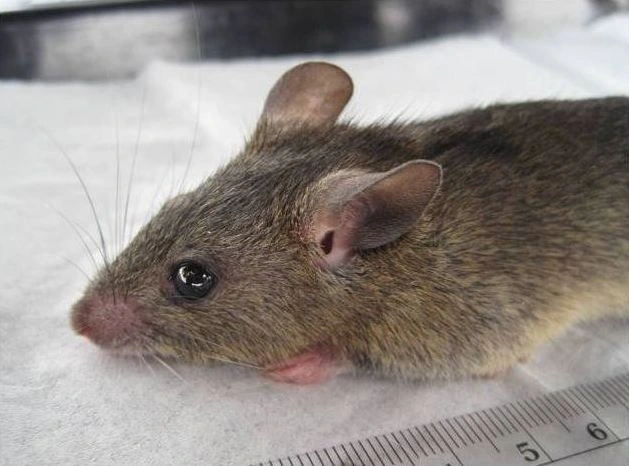The Health Security Agency of the United Kingdom continues to follow up and closely monitor individuals identified as contacts of three recently confirmed cases of Lassa fever.
Lassa fever is an acute viral haemorrhagic illness caused by Lassa virus. People usually become infected with Lassa virus through exposure to food or household items contaminated with urine or faeces of infected rats – present in a number of West African countries where the disease is endemic.
The virus can also be spread through infected bodily fluids. Most people with Lassa fever will make a full recovery, however severe illness can occur in some individuals.
The National Health Service (NHS) of Great Britain said that it has performed risk assessments on individuals and patients who have worked or stayed in the same ward areas as the Lassa patients.
The individuals have been given advice on monitoring and testing. The majority of individuals will complete monitoring by early March.
Newborn baby identified as UK patient who died from rat-borne virus Lassa fever https://t.co/5kxdgDoN9V pic.twitter.com/0QvvHqvJIT
— The Mirror (@DailyMirror) February 16, 2022
While it confirmed the death of one individual recently, the agency said that the risk to the general public remains very low.
On February 9, two people were diagnosed with Lassa fever. The cases were within the same family in the East of England and were linked to recent travel to West Africa.
Prior to these cases, there have been 8 cases of Lassa fever imported to the UK since 1980. The last 2 cases occurred in 2009. There was no evidence of onward transmission from any of these cases.
People living in endemic areas of West Africa with high populations of rodents are most at risk of Lassa fever. Imported cases rarely occur elsewhere in the world. Such cases are almost exclusively in people who work in endemic areas in high-risk occupations, such as medical or other aid workers.
Also Read: 47-kg tumour removed from woman's abdomen




















